The government may review the pattern of monthly GST (Goods and Services Tax) Filing every month under GST regime. The main idea behind the same will be to provide some ease to the taxpayers. Currently, the businesses have to file returns as GSTR-1, GSTR-2, and GSTR-3 for every month. The forms with outward supplies detail … Continue reading “Monthly GST Filing process may be reviewed by the Government”
After demonetization, there has been cases where in the businesses or individuals have deposited huge amounts in to their bank account. In such cases they received income tax department’s notice to explain the source of the cash. Although the cash deposited was made out of sale, individuals were asked for explanation. There can be possibility … Continue reading “File an Appeal if your Claim gets Rejected by Accessing Officer”
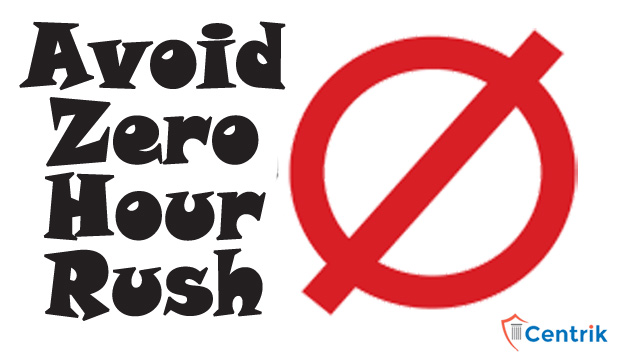
Trailing the zero hours as per a government official, Rs. 42,000 Crore tax was deposited till August 21 which is expected to accumulate by the midnight.

The union cabinet in its meeting has given approval to 7 new amendments in the Insolvency and Bankruptcy Code 2016 (IBC) which will allow the government to stick to strict timelines, and along with that, maximize the value of an insolvent entity from the resolution plan as a going concern.

The Insolvency and Bankruptcy legislation is a comprehensive legislation that contains all of the required provisions for providing a haven for business debtors in difficulty.

A person has the fundamental right to lodge a complaint or grievance to the court regarding any administrative action. The protection of fundamental rights and the assurance of natural justice are the two most important aspects of writ jurisdictions.
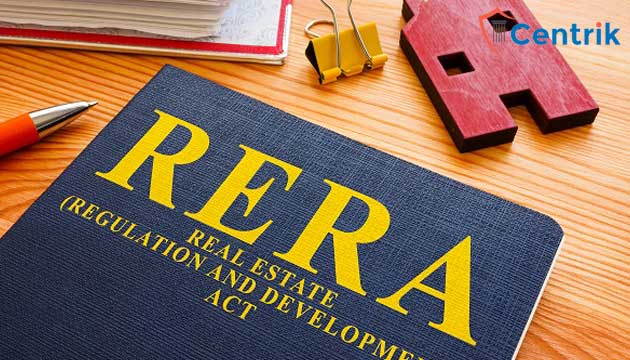
The parliament in order to regulate this one of the fastest-growing sectors passed “The Real Estate (Regulation and Development) Act, 20164 which came into effect on 1st May 2016.

In India, a trademark is defined under the Trade Marks Act, of 1999. It is a recognizable mark or symbol that distinguishes the goods or services of one entity from those of others.
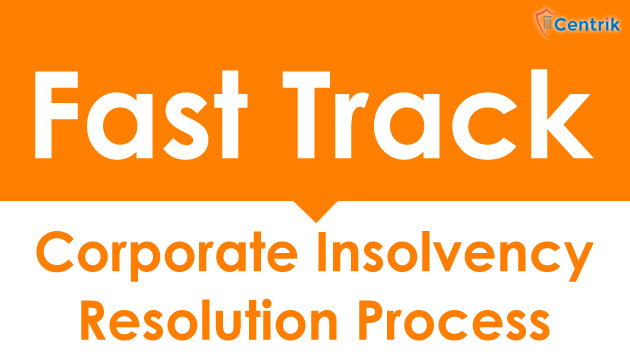
The fast-track CIRP is designed to expedite the insolvency process for smaller companies and enable their efficient restructuring or liquidation.

Interpreting the Insolvency and Bankruptcy Code 2016 and sheds light on its significance in shaping the insolvency and bankruptcy landscape in India.

RERA was implemented to acknowledge and solve discrepancies and issues of home buyers. By establishing rules for the sale of real estate and requiring developers to adhere to certain criteria, it protects the interests of homebuyers.
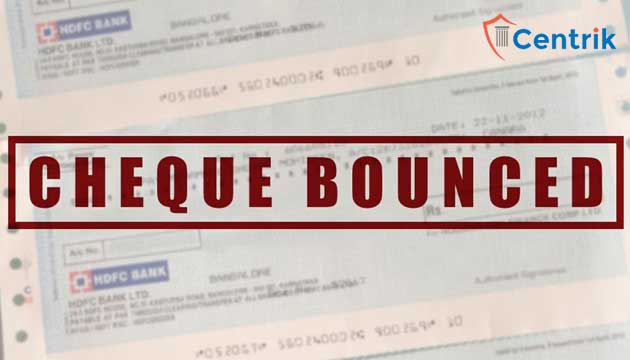
The offence of cheque bounce is punishable u/s 138 with a fine which can extend to twice the cheque amount or imprisonment for a term not exceeding 2 years.

In accordance with Section 438 of the Criminal Procedure Code, bail must be provided before an arrest can be made. A person may apply for bail before the session’s court of the High Court if they anticipate being detained for an offense for which there is no possibility of bail.

Commercial Law Act, 2016, came into force on 23.10.2015. Wherein the Act had limited the specific value of the suit to not less than Rupees One crore and the commercial courts were established at all the District levels.
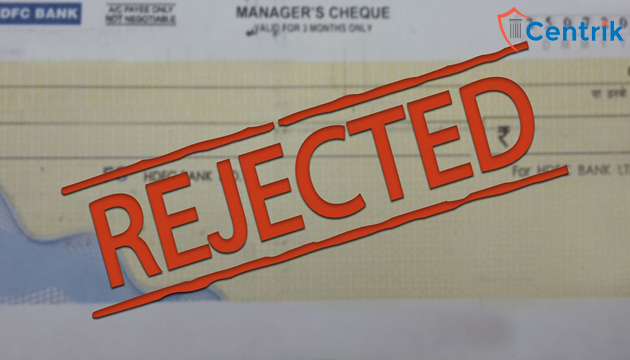
Cheque bounce is a criminal offence stipulated under Section 138 of the Negotiable Instruments Act, 1881. The aggrieved party can file a criminal as well as a civil case against the accused who must have had a legal obligation to repay the amount.













 join For Updates
join For Updates